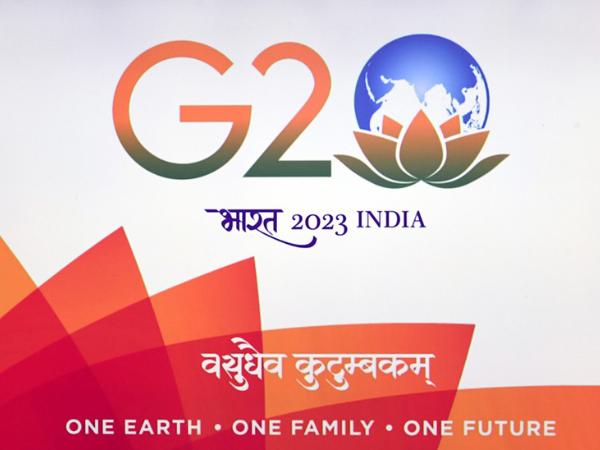- Saturday, July 27, 2024

By: Prof Prem Lal Joshi
The G20 leaders’ summit, which was held in New Delhi on September 9 and 10, attracted the attention of world leaders.
“One Earth, One Family, and One Future” was the summit’s central theme. The conclusion of the summit and the conclusion of India’s year-long G20 presidency were marked by the adoption of a G20 Leaders’ Declaration, which outlines the commitment of the participating leaders to the priorities discussed and chosen during the pertinent ministerial and working group meetings and then in the first session.
The approval of the New Delhi G20 Leadership Declaration was announced by prime minister Narendra Modi. At the Bharat Mandapam International Exhibition-Convention Centre in New Delhi’s Pragati Maidan earlier in the day, he extended a cordial welcome to the G20 summit participants.
Modi handed over to Brazilian president Luiz Inacio Lula da Silva the G20 presidency at the conclusion of the summit.
A meeting between Modi and his British counterpart Rishi Sunak was also held on the sidelines of the G20 summit. During the discussion, both global partners emphasised the close ties between the two countries and talked about the defence and security sectors as two areas where they are cooperating more closely.
Some of the highlights of the summit and its effects on world geopolitics are:
●China is suspected, whereas India is respected.
● India is now leading the emerging new world order. India is now No1. in diplomacy and international relations in the world.
●PM Modi’s vision for India’s role in the world is coming into sharper light as the G20 Summit comes to an end. Additionally, It has provided an opportunity to highlight our heritage, culture, and traditions. The G20 has helped to prepare India on the global stage.
● The African Union, which consists of 55 nations, has been admitted as a permanent member of the G20 at PM Modi’s initiative. The name will remain G20 and not G21. The 55-member African Union, which is presently classified as an “invited international organisation,” would thus have the same standing as the European Union as a result of the change. As a result, the most important regional bloc in Africa would now have a seat at the highest level of international diplomacy.
● The first country to submit a fully negotiated G20 Foreign Ministers Outcome Document and Chair Summary is India.
● Climate issues are now a top priority, especially in terms of climate funding, the advancement of green technologies, and a fair transition to renewable energy.
● A higher priority is now given to the development of the digital public infrastructure, inclusive economic growth, and gender empowerment.
● India has been very successful in getting unanimous consensus on 112 points (except the Russian-Ukraine war) from all members at the G20 summit in New Delhi.
● G20 members agreed on strengthening the Multilateral Development Banks (MDBs).
● The creation of the India-Middle East-Europe major economic corridor was announced at the G20 meeting as a response to China’s BRI project. India, the UAE, Saudi Arabia, the European Union, France, Italy, Germany, and the United States are all involved in the initiative.
● India is able to communicate the G20 summit’s theme of “One Earth, One Family, One Future” quite well. It stresses the connections between cultures across borders and, like in families, serves as a reminder of our responsibility to those who have been left behind and who have not yet benefited from globalisation.